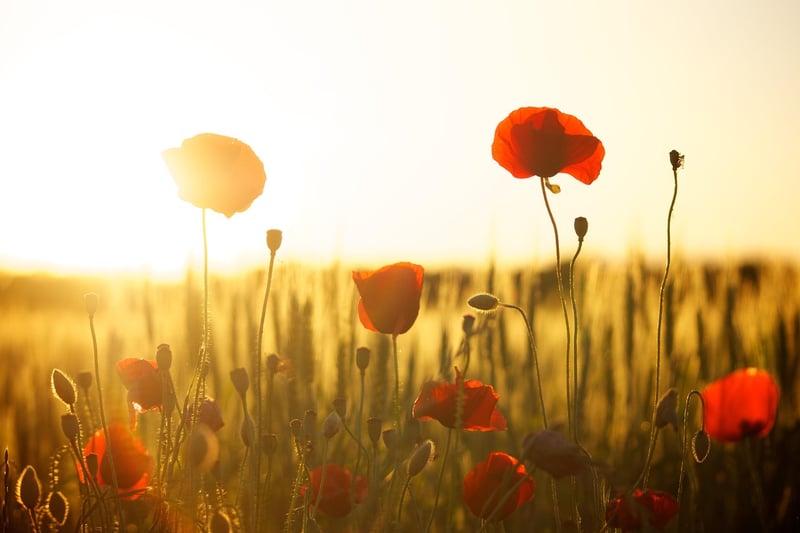Fertilizing Advice
Guides and Tips for Healthy Plants + Fertilizing Advice
Introduction to Plant Care
Keeping your plants healthy and thriving requires proper care and attention. Here are some essential guides and tips to help you maintain healthy plants and provide them with the nutrients they need.
1. Choose the Right Plants
Before you start caring for your plants, make sure you choose the right ones for your environment. Consider factors like sunlight, temperature, and humidity requirements.
2. Watering Techniques
Water your plants carefully, ensuring that they are neither overwatered nor underwatered. Different plants have different water requirements, so it's important to know the specific needs of each plant.
3. Proper Lighting
Place your plants in locations where they can receive adequate sunlight or artificial light if needed. Insufficient light can lead to weak and leggy growth.
4. Fertilizing Your Plants
Using fertilizers can provide essential nutrients to your plants, promoting healthy growth and blooming. Here are some fertilizing tips:
- Choose the right fertilizer based on your plant's needs (e.g., balanced, high nitrogen, or specific for flowering plants).
- Follow the recommended dosage instructions to avoid overfertilizing, which can harm your plants.
- Apply fertilizers during the active growing season for best results.
- Water your plants after fertilizing to help nutrients reach the roots.
5. Organic Fertilizers
If you prefer organic options, consider using compost, manure, or other natural fertilizers to nourish your plants. Organic fertilizers can improve soil health and promote sustainable gardening practices.
6. Monitoring Plant Health
Regularly check your plants for signs of pests, diseases, or nutrient deficiencies. Early detection can help you address issues before they become severe and affect the overall health of your plants.
Conclusion
By following these guides and tips for healthy plants and fertilizing advice, you can create an optimal environment for your plants to thrive. Remember that each plant is unique, so it's essential to understand their specific requirements to ensure their well-being.

For more detailed information and personalized advice, consult with local gardening experts or nurseries to address specific concerns related to your plants.
